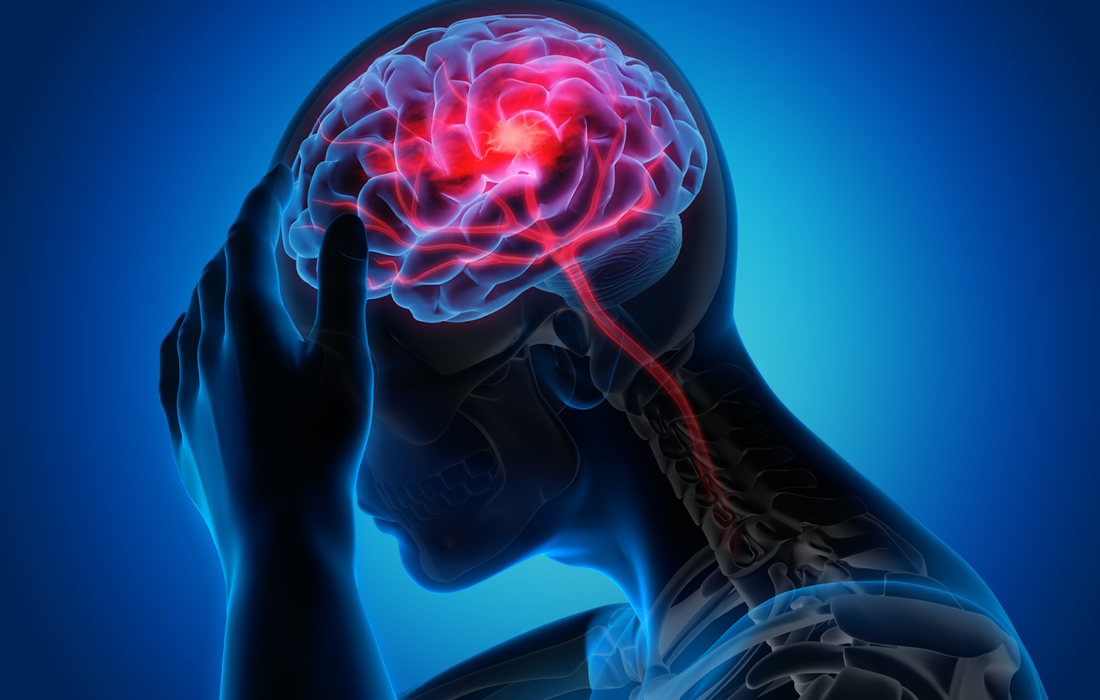Regenerative Medicine News and General Information
Highly Processed Foods Can Harm Memory but Omega-3 May Prevent it
The consumption of diets containing high levels of refined carbohydrates impairs learning and memory and leads to significant weight gain. The mechanisms through which these impairments occur are unclear, although recent evidence suggests neuroimmune signaling as a likely target.
The impacts of refined carbohydrate intake on the aged brain and behavior are unknown. This gap in knowledge is critical, considering the aged brain has a heightened state of baseline inflammation, making it more susceptible to secondary challenges.
Studies have shown that aged, but not young, rats fed a short-term high fat diet (HFD) have impaired hippocampal and amygdalar-dependent memory and increased proinflammatory cytokine expression in the hippocampus and amygdala.
Aging is associated with a decrease in the omega-3 polyunsaturated fatty acid, docosahexaenoic acid (DHA) in the brain. DHA has multiple functions in the brain, including neuronal signaling, altering membrane structure and function and lipid mediator production. It also plays a major role in the resolution of inflammation in the brain.
Given that the aged brain has elevated baseline inflammation, declining DHA levels could potentiate the proinflammatory response to unhealthy diet consumption.
New Research Study
A group of researchers from the Institute for Behavioral Medicine Research and Department of Psychiatry and Behavioral Health, at the Ohio State University published a study in the journal Brain, Behavior, and Immunity. They use a rat model to evaluate what a 4 weeks diet of highly processed food would do in the rats brain. They found that the 4 weeks of using this diet led to a strong inflammatory response in the brains of aging rats that was accompanied by behavioral signs of memory loss.
They also found that supplementing the processed diet with omega-3 fatty acid DHA prevented memory problems and reduced the inflammatory effects almost entirely in older rats. Neuroinflammation and cognitive problems were not detected in young adult rats that ate the processed diet.
The study diet mimicked ready-to-eat human foods that are often packaged for long shelf lives, such as potato chips and other snacks, frozen entrees like pasta dishes and pizzas, and deli meats containing preservatives.
Highly processed diets are also associated with obesity and type 2 diabetes, suggesting older consumers might want to scale back on convenience foods and add foods rich in DHA, such as salmon, to their diets, researchers say – especially considering harm to the aged brain in this study was evident in only four weeks.
These findings indicate that consumption of a processed diet can produce significant and abrupt memory deficits – and in the aging population, rapid memory decline has a greater likelihood of progressing into neurodegenerative diseases such as Alzheimer’s disease, according to the researchers. “By being aware of this, maybe we can limit processed foods in our diets and increase consumption of foods that are rich in the omega-3 fatty acid DHA to either prevent or slow that progression.”
Activation of genes linked to a powerful pro-inflammatory protein and other markers of inflammation was significantly elevated in the hippocampus and amygdala of the older rats that ate the processed diet alone compared to young rats on any diet and aged rats that ate the DHA-supplemented processed food.
The results also showed that DHA supplementation of the processed-food diets consumed by the older rats effectively prevented the elevated inflammatory response in the brain as well as behavioral signs of memory loss.
One of the lead authors Ruth Barrientos said that the amygdala in humans has been implicated in memories associated with emotional — fear and anxiety-producing – events. If this region of the brain is dysfunctional, cues that predict danger may be missed and could lead to bad decisions. Also, she cautioned against interpreting the results as a license for consumers to feast on processed foods as long as they take DHA supplements and that a better bet to prevent multiple negative health effects would be focusing on overall diet improvement.
Sources:
Nutrition Review (2021, Oct 21). Highly Processed Foods Harm Memory in the Aging Brain – Omega-3 Supplements May Help. Nutrition Review. Retrieved from:
https://nutritionreview.org/2021/10/highly-processed-foods-harm-memory-in-the-aging-brain-omega-3-supplements-may-help/
Michael J. Butler, et al. Dietary DHA prevents cognitive impairment and inflammatory gene expression in aged male rats fed a diet enriched with refined carbohydrates. Brain, Behavior, and Immunity, 2021; 98: 198 DOI: 10.1016/j.bbi.2021.08.214
Images from:

